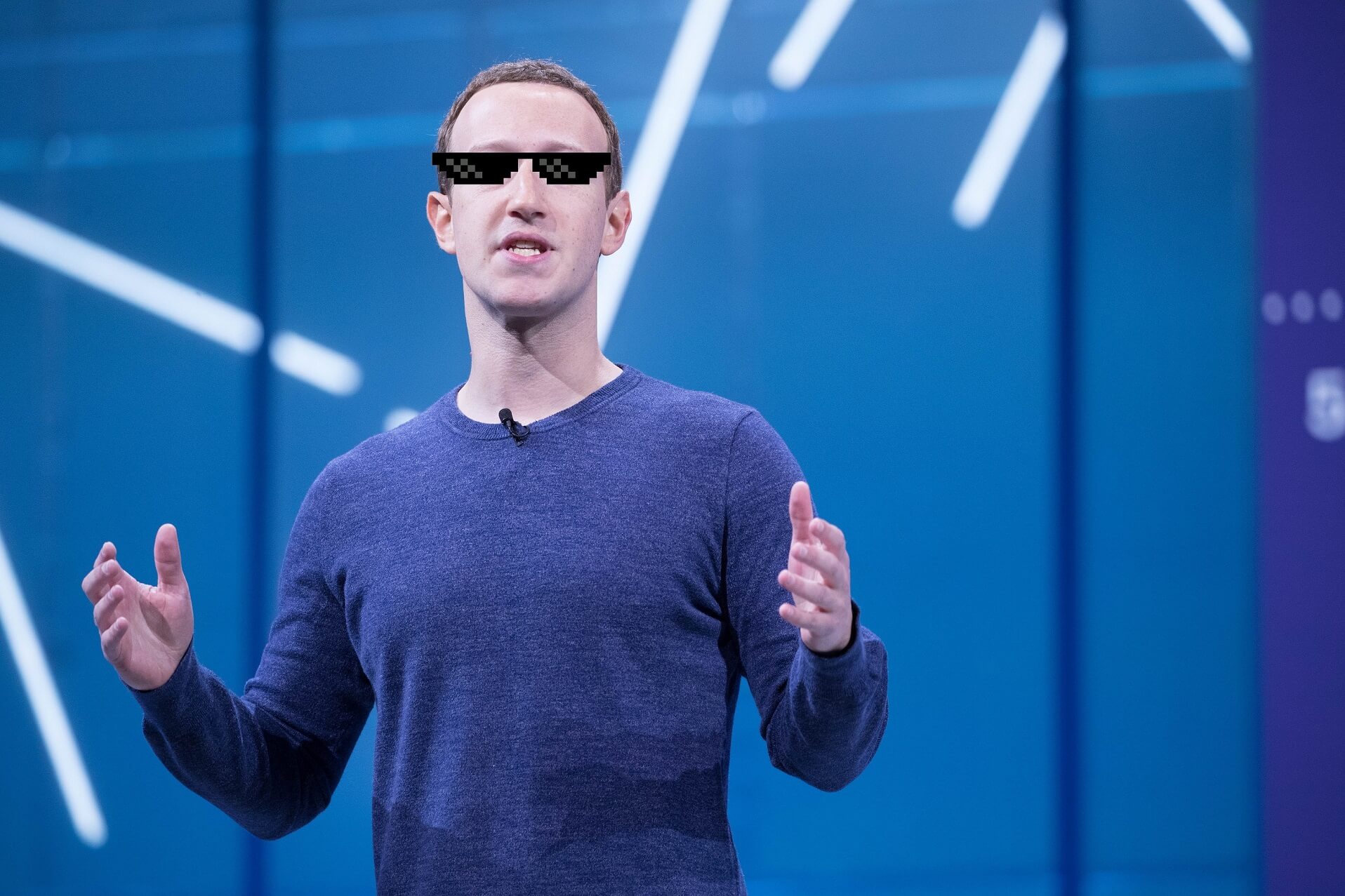Why it matters: The social media giant has been under heavy fire over its general carelessness and disregard of user privacy, and now it has agreed to right those wrongs in a new 20-year agreement with regulators, who have asked for company-wide cultural and operational changes in return for an arguably smaller fine than was warranted in this case.
The FTC settlement with Facebook that we've been talking about for the last few weeks is now official. After a years-long investigation into various privacy breaches culminating with the Cambridge Analytica scandal last year, the Commission has reached a conclusion that is likely to prove just as controversial.
As part of the agreement, Facebook has to pay a record fine of $5 billion for violating data privacy laws, using facial recognition in photos without permission, as well as going against an FTC order from 2012 by lying to its users about the way it collected and used their phone numbers, which were asked to provide them for security purposes.
The social media giant also needs to operate with a new set of restrictions on its business. It will have to put together a detailed privacy review of every new product or service that comes out of its labs, and submit it to the company's head, as well as a neutral third-party.
Second, Facebook is agreeing to a reorganization of its corporate structure, so that it may foster a general culture of accountability and proper oversight of its operations at every level. When it comes to the company's facial recognition, the new rules require Facebook to ask for explicit consent before using it, but don't ask for the removal of previously generated recognition models.
To prevent situations like the one involving Cambridge Analytica, the social media giant has to become more Apple-like when it comes to ensuring compliance with its platform policies. This would require third parties to justify their use of specific user information, and Facebook to swiftly take down the offenders.
The FTC says the 20-year agreement will see Facebook in a better position to course correct if it deviates from these restrictions and avoid bigger fines. This however doesn't mean that everyone in the Commission is happy with the settlement, which is said to be the result of a 3-2 vote where the FTC's two Democratic members were against.
In their dissents, both Rohit Chopra and Rebecca Kelly Slaughter criticized the agreement for being too soft for a company of this caliber, and for letting executives like Zuckerberg get away with exercising law-breaking decisions simply because they have the money to avoid the fallout that otherwise hits key people at smaller companies in a more effective way.
Chopra noted the imposed restrictions allow the tech giant to continue its mass surveillance and advertising tactics, just as long as it peppers in some bureaucracy. Slaughter explained the new rules do little to change the company's financial incentives, and described the $5 billion penalty as good click-bait.
Essentially, the two Democratic Commissioners are arguing that today's settlement with Facebook doesn't solve the core problems that led them here, and is a missed opportunity to sue the people who need to be held accountable and sends the wrong signal to others.
